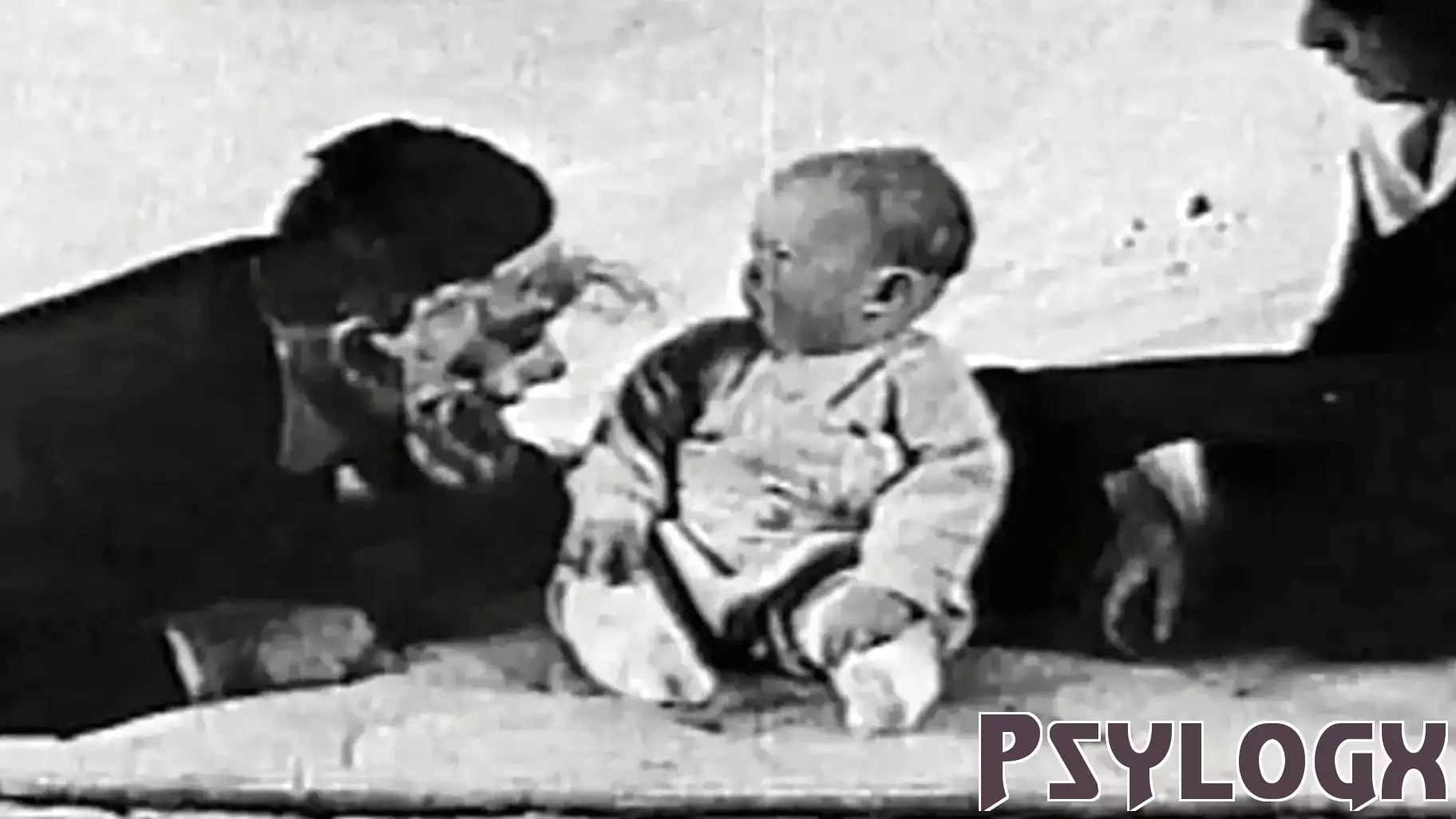The Ethical Implications of the 'Little Albert Experiment' in Modern Research
February 21, 2025 - 18:45

Here is why the infamous ‘Little Albert experiment’ testing classical conditioning on an infant child wouldn't be allowed to happen today. Conducted in the early 20th century, this controversial study aimed to demonstrate that emotional responses could be conditioned in humans. In this case, a nine-month-old baby named Albert was exposed to various stimuli, including a white rat, while simultaneously being subjected to loud, frightening noises. This led to the child developing a fear of the rat, showcasing the principles of classical conditioning.
Today, the ethical standards governing psychological research have evolved significantly. Modern guidelines prioritize the welfare of participants, particularly vulnerable populations such as children. Informed consent, the right to withdraw, and minimizing harm are fundamental principles that researchers must adhere to. The Little Albert experiment, which lacked these safeguards, would be deemed unethical by contemporary standards. This shift reflects a broader commitment to protecting the rights and dignity of individuals involved in psychological studies, ensuring that such experiments are conducted with respect and care.
MORE NEWS

February 24, 2026 - 22:29
Beyond "Good Job": More Meaningful Ways to Offer PraiseThe phrase `good job` has become a default in our vocabulary, a well-intentioned but often hollow piece of feedback. While positive in spirit, its overuse can feel generic and fail to acknowledge...

February 24, 2026 - 04:34
Why Does Therapy Keep Reinventing Itself?The field of psychotherapy is in a state of perpetual renewal, not as a series of disconnected trends but as a deep evolution within our broader cultural and intellectual history. It continuously...

February 23, 2026 - 02:52
Maybe We Just Need to Get Out MoreThe elusive spark of creativity is often attributed to innate genius or intense, solitary thought. However, a growing perspective suggests that innovation depends less on raw talent and more on the...

February 22, 2026 - 11:38
Psychology says people who look significantly younger after 60 aren't just genetically lucky - they display 9 specific lifestyle patterns that started decades before anyone was paying attentionNew psychological insights are challenging the notion that looking significantly younger in later life is purely a genetic gift. Research indicates that individuals who appear decades younger after...